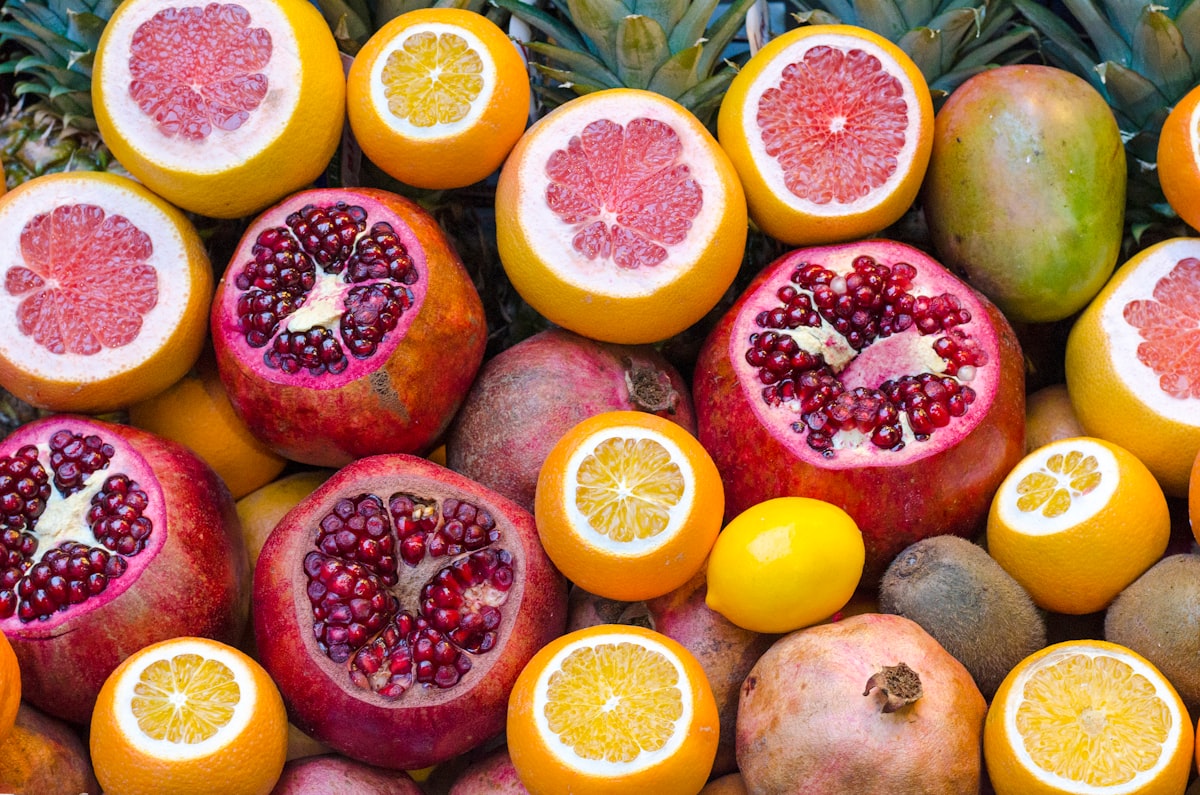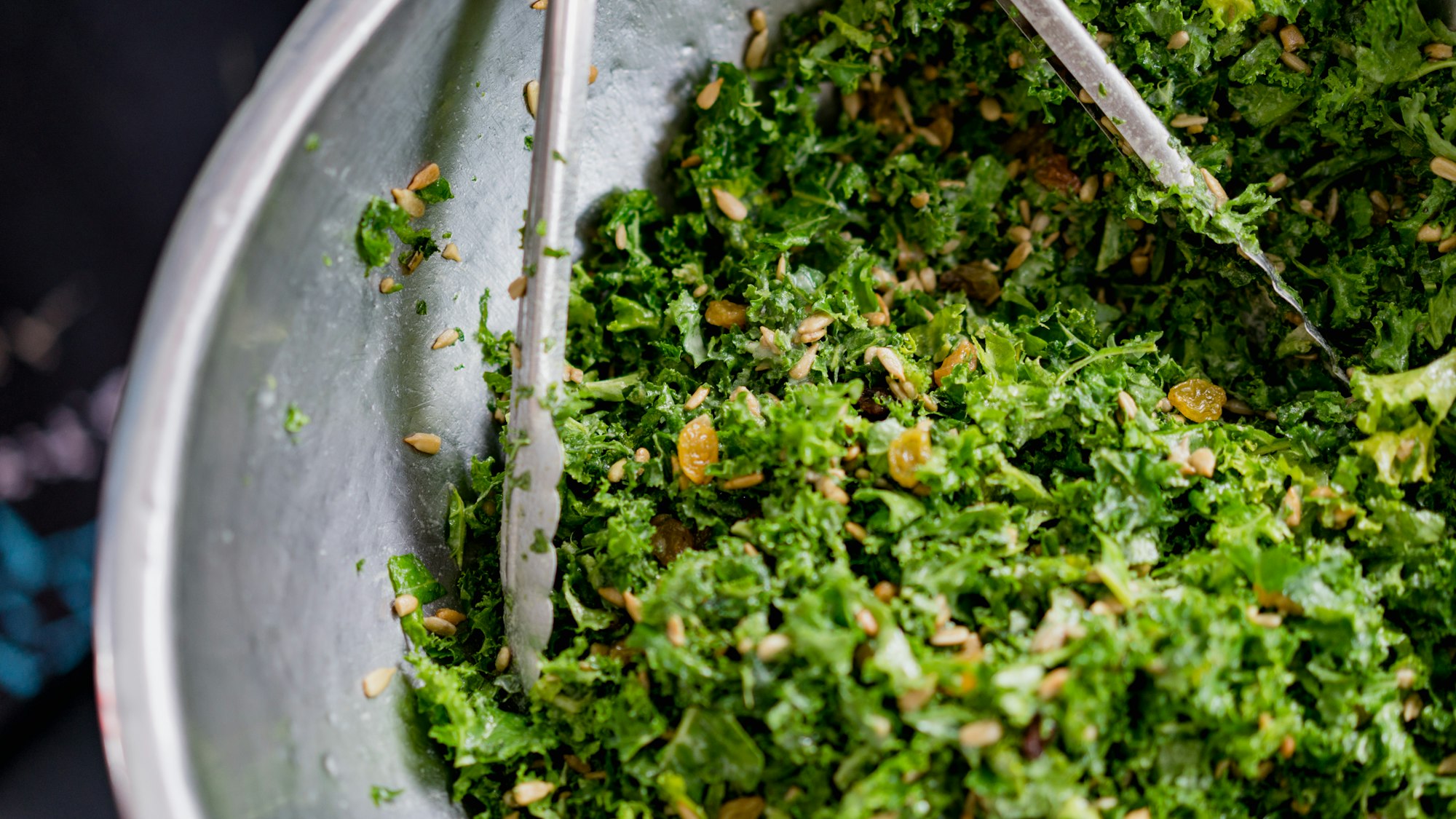The Guide To The Important Of Herbal Meals
Fruits, vegetables, and spices are very popular in the modern world; do you know why people are attracted to Indian and Mediterranean restaurants? They use more than 12 spices that have herbal values.

Since ancient times, human diets have included many meals made from herbs. Providing a plethora of modern-day health advantages that are still being found. They are not only flavorful and delicious, but they are also brimming with nutrients that are vital for a balanced diet.
There is no doubting the vital role that herbal meals may play in our general well-being. It helps enhance immunity and promote digestion to lower inflammation and battle the disease.
Incorporating herbal meals into your diet is a terrific place to begin. If you want to start making healthier decisions or take advantage of the many advantages of eating natural, wholesome food.
What Are Herbal Meals?
Various herbs and spices are used to prepare meals with a herbal flavour, scent, and health advantages. Herbs have been utilized for centuries in cooking and medicine and are still a vital component of many countries' cuisines.
Basil, thyme, rosemary, parsley, mint, and oregano are some of the most frequently used in cooking. The flavour and perfume that each herb adds to the meal are distinctive. As an example, basil's sweet and mildly spicy flavour makes it a fantastic complement to sauces, salads, and pasta meals.
On the other hand, the flavour of thyme is earthy and woodsy and goes well with roasted vegetables and meats.
Herbs can enhance a dish's flavour while providing many healthy vitamins, minerals, and antioxidants. For instance, mint has a calming impact on the digestive tract. Basil is known for its vitamin K content and anti-inflammatory properties.
You may prepare herbal meals in various ways. It can be straightforward dishes like herb-roasted potatoes to more intricate dishes like herb-crusted chicken. Whether you're a seasoned chef or a beginner, including herbs in your cooking can improve your meals' flavour and nutritional content.

Important Of Herbal Meals
You should include other greens on your grocery list besides kale, spinach, and broccoli. You can experiment with a plethora of beneficial herbs.
Herbs may do a lot to keep you healthy and add flavour and excitement to the food you consume.
The medicinal powers of several herbs were highly valued by ancient civilizations long before modern medicine. There is very little scientific proof that any herb can effectively prevent or treat serious illnesses.
Research is increasingly demonstrating that many of the most popular selections in grocery stores do have specific properties. They may reduce the likelihood of developing certain diseases or lessen some symptoms.
Since ancient times, herbal meals—known as teas or infusions made from herbs—have been used to support good health. Here are ten significant advantages of including herbal meals in your diet:
Boost Immunity
Herbs like Echinacea, Ginger, and Turmeric have anti-inflammatory and antioxidant characteristics that support a healthy immune system. Some herbs, such as garlic and turmeric, can easily grow in your garden.
Since they have been used for millennia to support health and wellness, herbs are becoming more popular. As a result, people look for all-natural solutions to strengthen their immune systems. Why herbal meals are crucial for boosting immunity is given here:
Herbs are nutrient-rich and are abundant in the vitamins, minerals, and antioxidants necessary for a robust immune system. For instance, oregano, rosemary, and thyme are rich sources of antioxidants that guard cells against failure and lessen inflammation.
Many herbs have anti-inflammatory effects, which are necessary for a robust immune system. Inflammation can weaken the immune system and create it simpler for germs and viruses to colonize the body. Herbs with anti-inflammatory properties include basil, ginger, and turmeric.
Some plants, such as garlic, echinacea, and elderberry, contain anti-bacterial and antiviral characteristics that aid in preventing illnesses.
Simple to add to Meals
Herbs are adaptable and work well in several foods, making it simple to include them in your regular diet. They can be used as spices for meats and vegetables and in teas. They can also be used in soups, stews, and casseroles.

Digestive Health
Herbs like chamomile, fennel, and peppermint can calm a queasy stomach, reduce gas, and support a healthy digestive system.
A critical component of general fitness and health is digestive health. It is essential for digesting and absorbing the nutrients in the food we ingest. Having a healthy digestive system also aids in the body's detoxification process. Maintaining a healthy digestive system is crucial to ensure adequate digestion.
The digestive system can benefit greatly from eating meals made of herbs. Herbs have many chemicals, vitamins, minerals, and enzymes that can support a healthy digestive system. Ginger is one well-known plant used for generations to calm an upset stomach and enhance digestion.
It is well recognized to increase the production of digestive juices and enzymes that aid in better meal breakdown.
Fennel is a different herb that is fantastic for maintaining digestive health. Fennel has been utilized in traditional medicine to relieve digestive issues like indigestion, bloating, and gas.
Additionally, it has been shown to have medication effects, which means it aids with flatulence relief.
Another herb that's frequently used to promote digestive health is peppermint. The digestive tract's muscles can be relaxed thanks to peppermint's antispasmodic effects.
This can be especially beneficial for those with illnesses like irritable bowel syndrome (IBS). It also helps with digestive issues that result in spasms in the digestive tract.
Relaxation and Tension Reduction:
Herbs like passionflower, lavender, and Valerian have a relaxing impact on the body. It can aid in reducing stress and fostering peace.
Eating meals with herbal ingredients is a terrific method to encourage relaxation and tension relief in your daily life.
Finding effective paths to deal with stress and anxiety is more crucial than ever, given the high pressure and fear experienced by so many individuals.
Utilizing herbs in your meals is an easy method to increase the amount of nutrition you get throughout the day. Herbs have been used for millennia to support both physical and mental health.
Herbal meals can aid in easing stress and promoting relaxation in the body, which is one of their main advantages. Several herbs, including chamomile, lavender, and passionflower, calm the nervous system. It can help to lessen stress and increase feelings of well-being.
Additionally, the anti-inflammatory qualities of herbs like ginger and turmeric can help in reducing physical stress and provides relaxation.
Adding more nutrients to your diet with herbal meals is also terrific. Many herbs are rich in nutrients, including vitamins and minerals, that can promote general wellness. For instance, vitamin K, essential for proper blood clotting and bone health, is abundant in basil.
Thyme is an excellent source of iron. It is necessary to keep healthy red blood cells, while rosemary is high in antioxidants and supports brain function.
It's easy and pleasant to encourage relaxation and tension relief by including herbal foods in your diet. There are various ways to enjoy the health benefits of herbs. It doesn't matter if you're seeking a soothing tea or a delicious dish with herbs and spices.

Better Sleep
Studies have shown that herbs like chamomile, passionflower and Valerian improve the quality of slumber and encourage deep sleep.
Our ability to sleep better can be significantly enhanced by consuming herbal meals. Numerous herbs include organic constituents that have been shown to improve calmness and well-being by calming the mind and body. Not only that, it helps to lower stress levels and reduce anxiety.
The most well-liked herbs for promoting restful sleep include chamomile, valerian root, lavender, passionflower, and lemon balm.
A calming herb that is frequently used to promote sleep is chamomile. It contains substances that may aid in promoting relaxation and mental calmness. Another well-liked herb for promoting restful sleep is valerian root. It has a soothing effect that may assist in easing anxiety and bring about mental peace.
Lavender is well known for being calming and frequently used in aroma therapy to encourage better sleep. Lavender has a relaxing impact on the mind and body. It can help to lower stress levels and encourage feelings of relaxation. Another herb with soothing effects on the body and mind, passionflower can help relieve anxiety and promote feelings of peace.
It is common practice to utilize the soothing herb lemon balm to promote restful sleep and lower stress levels. It contains substances that may aid in calming the mind and enhancing emotions of well-being.
Heart Health
It has been demonstrated that herbs like hibiscus, cinnamon, and garlic can lower blood pressure and cholesterol levels. It also helps lower the risk of heart disease.
People eat more herbal meals as they search for more organic ways to keep themselves healthy and happy. Heart health is one area that is sometimes disregarded. But adding meals made with herbs to your diet can significantly improve your cardiovascular health. The benefits of eating herbal meals for heart health are listed below.
Antioxidant Qualities
Many herbs have intense antioxidant levels that help shield the heart from oxidative stress and damage by free radicals. Inflammation is a significant risk factor for heart disease and is decreased by these antioxidants.
Reduction in the risk of Heart Disease
Studies have shown that certain herbs can lower cholesterol levels, lower blood pressure, and increase cardiac blood flow. For instance, it has been demonstrated that turmeric, ginger, and garlic benefit the heart.
Improved blood flow
It has been demonstrated that herbs like ginkgo biloba and hawthorn can improve blood flow. It is crucial for keeping a healthy heart. The heart's normal functioning depends on receiving adequate nutrients and oxygen, which is ensured by increased circulation.
Conclusion
In conclusion, herbal meals are essential to a healthy and balanced diet. They offer necessary nutrients and have a wide range of medicinal qualities that can fight against many illnesses and ailments. Not only do herbs improve food's flavour, but they also give our meals a boost in nutrients and health advantages.
Additionally, herbal meals are a natural substitute for commercial and processed foods, making them a sustainable and environmentally beneficial choice. Incorporating herbal foods into our regular diets is good for our environment and health.


